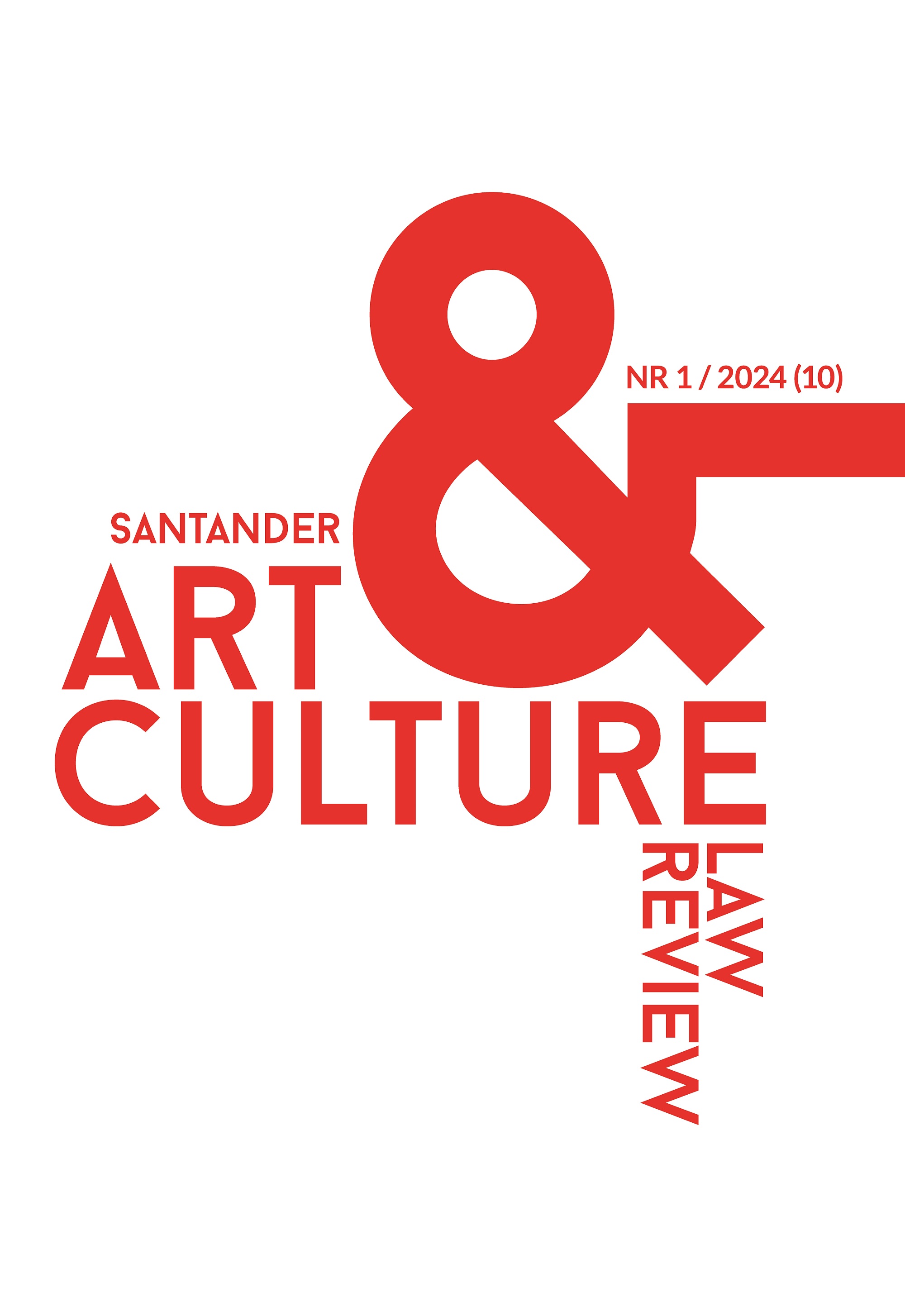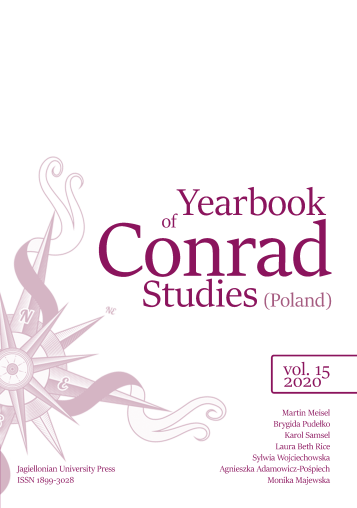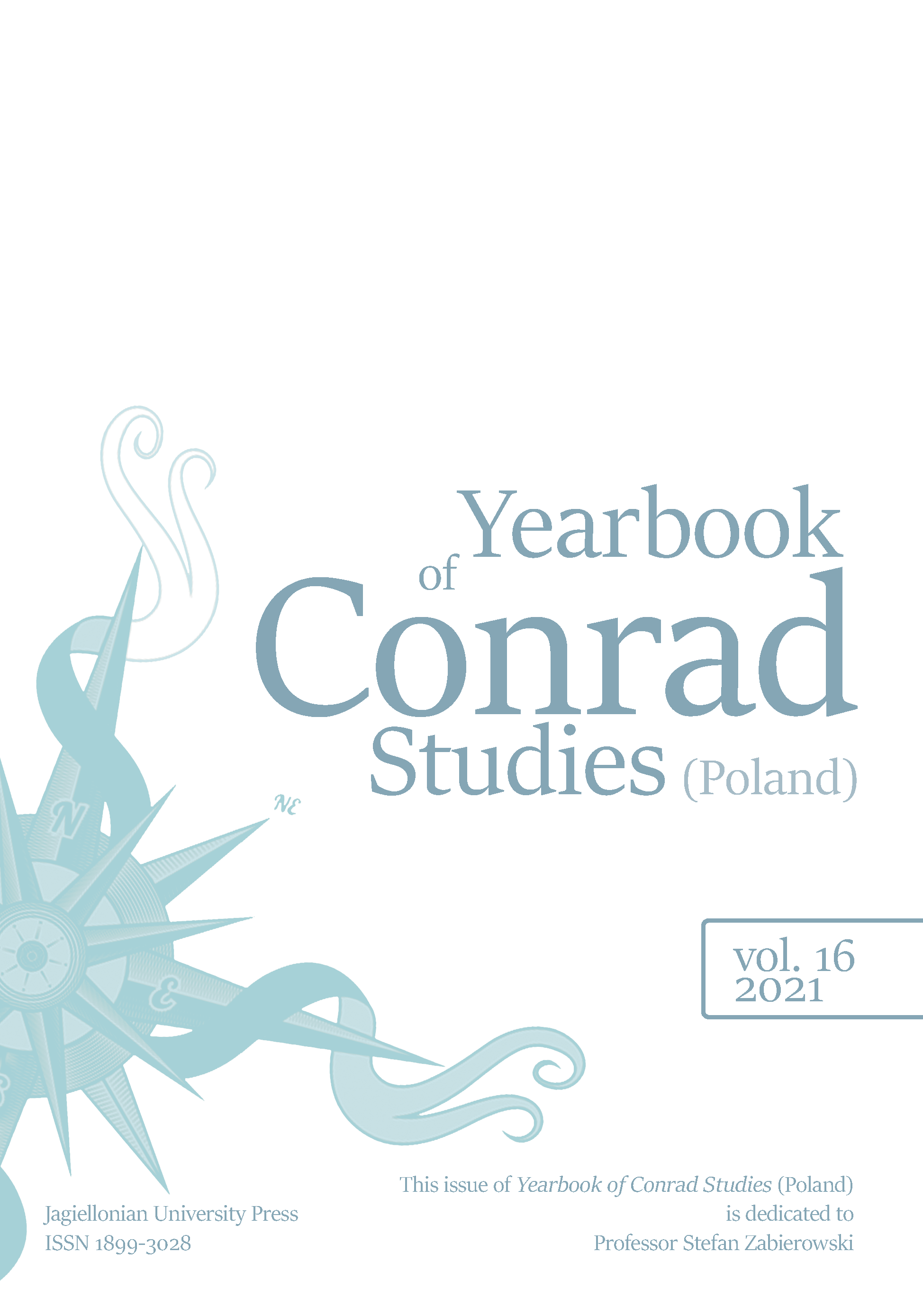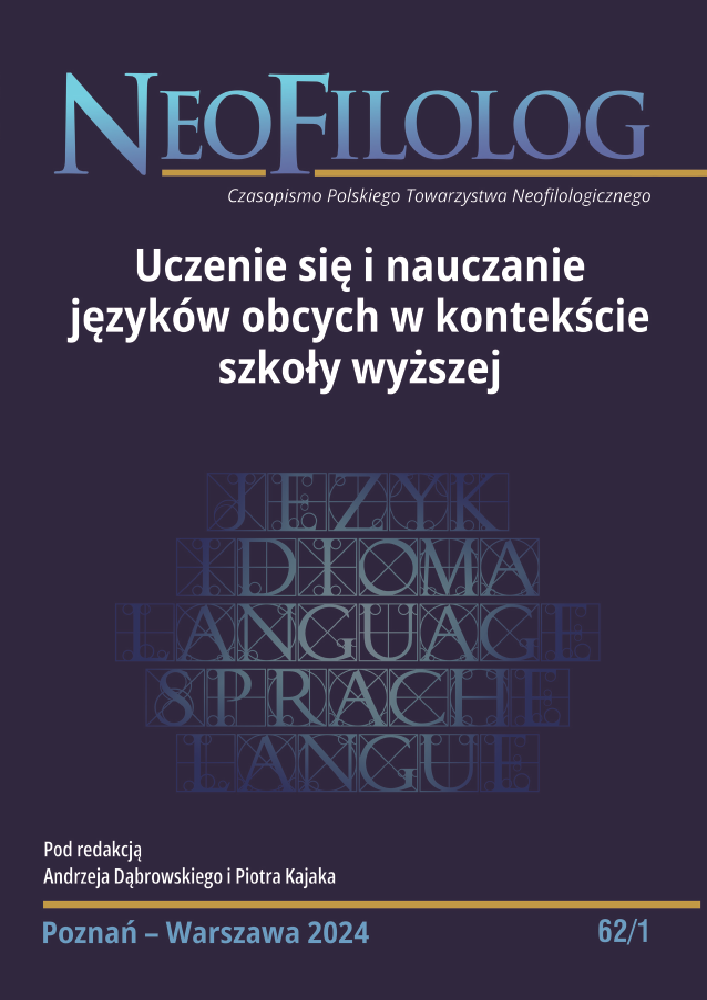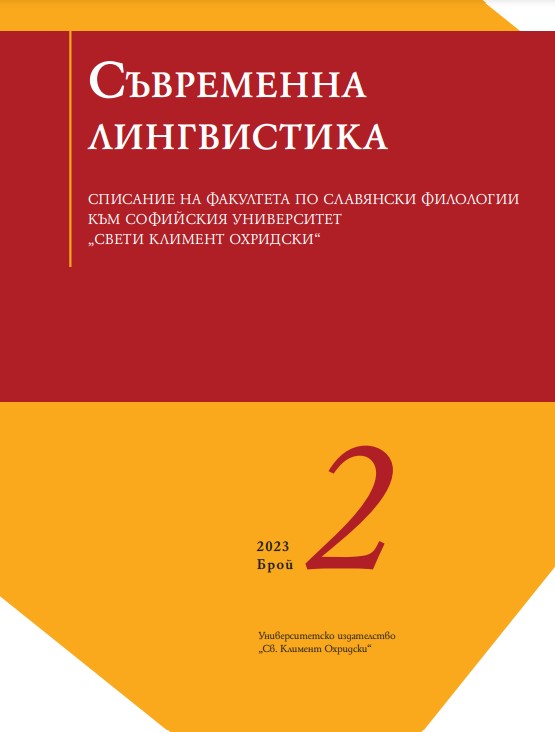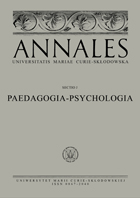Author(s): Brygida Pudełko / Language(s): English
Issue: XV/2020
Anastasia Tsvetayeva was a Russian writer, poet and memoirist. She started to write earlier than her younger sister Marina Tsvetayeva. Although Anastasia Tsvetaeva published several stories in the 1910s, she was not a representative of any leading literary association or group. She worked as a teacher of English, and a librarian in the Moscow Museum of Fine Arts. She also translated literary and philosophical works from French, English and German. Living in Moscow, Tsvetaeva was not fundamentally involved in politics, giving time and energy to creative work. However, the religious nature of her works made her unreliable in the eyes of the official authorities. She was arrested twice. During the second arrest in 1937, all her writings were confiscated and destroyed by NKVD. On the far-fetched charge Tsvetaeva was sent to Siberia. While in the camp, at the age of forty-one, Tsvetaeva started writing poems, first in English, and then in Russian. Her only book of poetry Moi edinstvenny sbornik (My Only Collection) was published posthumously in 1995. Tsvetaeva wrote about twelve poems in English. Seven of them – “Maturity,” “Twins,” “My Fate,” “A Dream,” “To Raya,” “A portrait attempt” and “To Thomas Caryle” – are included in her collection of poems. Tsvetaeva’s four-page poem “Twins,” which was also translated by the author into Russian, praises Joseph Conrad’s novella Typhoon (1902) and Aleksandr Grin’s adventure novel Scarlet Sails (Алые паруса 1923). Except the fact that both writers had Polish ancestors, they were fascinated by the beauty and mightiness of the ocean. Life at sea, perceived as the embodiment of freedom, is something both Conrad and Grin longed for. The sea also occupies a central place in Typhoon and Scarlet Sails. The characters in both stories also struggle with adversities of fate and water – one of the most powerful elements of nature.
More...


